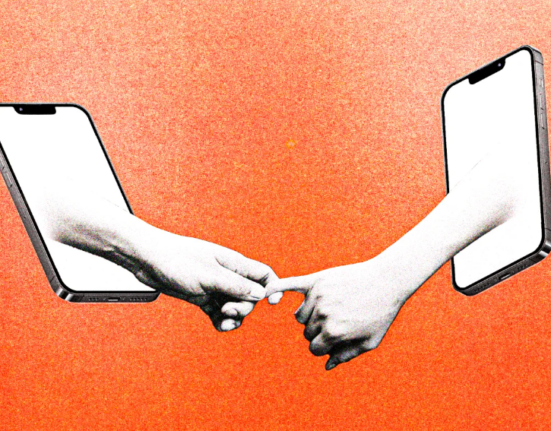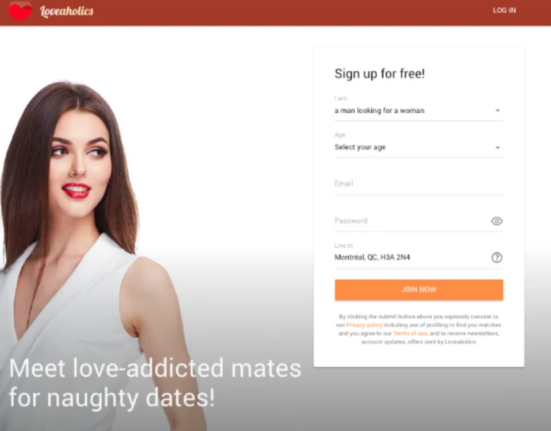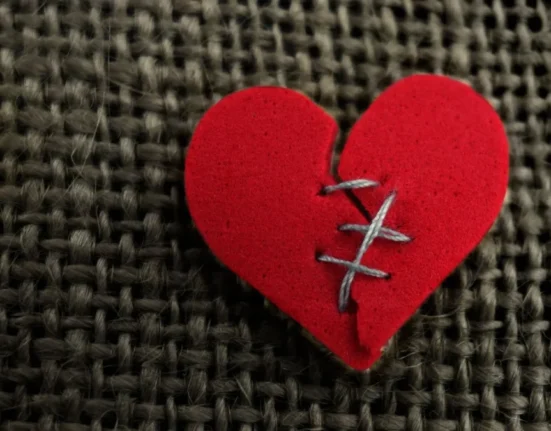Last Updated on June 2, 2025 by Rachel Hall
- Early Relationship Red Flags You Shouldn’t Ignore: A Psychologist’s Insight for Safer, Healthier Love
- Red Flag #1: They Put You on a Pedestal — Then Tear You Down
- Red Flag #2: Constant Criticism That Erodes Your Sense of Self
- Why These Emotional Red Flags Often Happen Together
- How to Spot the Difference Between a Flawed Partner and a Dangerous One
- Checklist: 10 Subtle Signs of Emotional Trouble You Shouldn’t Ignore
- Final Thought: Real Intimacy Starts With Respect, Not Drama
Early Relationship Red Flags You Shouldn’t Ignore: A Psychologist’s Insight for Safer, Healthier Love
New relationships can be thrilling. The excitement, the butterflies, the hope — it’s all part of what makes dating so enticing. However, the start of a relationship is also when foundational dynamics are being set. It’s when we must be most observant, because subtle yet serious problems often present themselves in these early moments.
Psychologists warn that failing to notice these early relationship red flags can lead to long-term emotional harm. Many people ignore these issues because they want the connection to succeed. But those small discomforts — the moments that make you feel unsure — can tell you everything you need to know about your partner.
It is not paranoia to ask questions like: “Why did that make me uncomfortable?” or “Why do I feel like I can’t speak up?” These instincts are not a flaw; they are your self trying to protect you.
Red Flag #1: They Put You on a Pedestal — Then Tear You Down
At first, it may feel like you’ve finally met someone who gets you. They call you “perfect,” say you’re “unlike anyone else,” and seem overwhelmed by how special you are. But then, subtle shifts. The praise gives way to distance. The kindness becomes criticism. You’ve been placed on a pedestal, only to later be torn down.
How to Spot This Emotional Manipulation Early
This red flag is one of extremes, and extremes are signs. The relationship starts with an intensity that feels flattering, but is a mask. One moment you’re idealised; the next, criticised for not living up to that unrealistic image. It’s important to spot when admiration turns conditional.
Ask yourself:
- Are their compliments vague or excessive?
- Do they seem disinterested when you show vulnerability?
- Are you trying to maintain a persona just to keep their affection?
If the answer is yes, you’re not being loved for who you are, but for who they need you to be.
Why This Behaviour Is a Sign of Deeper Emotional Issues
Over-idealisation is often projection. A partner who sees you as flawless may be avoiding their inner void. As a psychologist, I’ve seen how this can lead to emotional confusion: you begin to question yourself, thinking that if you just “get it right,” they’ll go back to loving you like they did in the beginning.
But that love wasn’t real — it was a tool. When you fall short of the fantasy, they might tear you down to regain control. This is not affection; it’s conditional validation, and it chips away at your confidence.
Red Flag #2: Constant Criticism That Erodes Your Sense of Self
There’s a world of difference between helpful feedback and chronic criticism. When your partner’s tone shifts from constructive to hurtful, when every conversation becomes a platform for pointing out your flaws, you are experiencing a sign of deeper relational toxicity.
The Subtle Signs You’ll Want to Catch Early
Criticism is not always loud or direct. Sometimes it’s cloaked in “concern” or “just being honest.” You might feel:
- You’re second-guessing your opinions or choices
- You’re editing yourself to avoid confrontation
- That your humour, beliefs, or friends are “problems” they constantly address
Even small remarks can have an outsized impact. Over time, this behaviour diminishes your sense of self. You may even begin to wonder whether you’re the problem.
Why This Red Flag Should Never Be Ignored
Criticism, especially in the early stage of dating, is about control. According to leading relationship psychologists like Dr John Gottman, chronic contempt and belittling are major predictors of relationship breakdown. These patterns are not normal and should never be rationalised or tolerated.
When someone is chipping away at your self-esteem instead of nurturing it, they are showing you how much—or how little—they value you. Respect is not negotiable. If it’s missing now, it will not magically appear later.
Why These Emotional Red Flags Often Happen Together
These red flags aren’t isolated. They often operate in cycles. A person who rushes intimacy is likely to later withdraw when you set a boundary or act outside of their expectations. The intense closeness is replaced with detachment, and the cycle of praise and punishment begins.
This hot-and-cold behaviour creates confusion. You might feel elated one day, crushed the next. This inconsistency keeps you off-balance, which makes it easier for your partner to manipulate the dynamic.
Such extremes are signs that you’re not in a balanced connection, but in a power play.
How to Spot the Difference Between a Flawed Partner and a Dangerous One
We’re all imperfect. But there’s a massive difference between someone who makes small mistakes and someone who violates your emotional safety.
To spot the difference, pay attention to:
- Their reaction when you express a need
- Whether they take ownership when they’ve crossed a boundary
- How they treat you when you’re not “performing” for their approval
A flawed but healthy partner will acknowledge when they’ve hurt you. A dangerous one will deny, deflect, or double down.
Checklist: 10 Subtle Signs of Emotional Trouble You Shouldn’t Ignore
Use this as a quick mental filter when navigating new relationships:
- You’re idealised early on with vague or exaggerated praise
- They pressure you to deepen the relationship rapidly
- You find yourself afraid to express disagreement
- Your vulnerabilities are dismissed or mocked
- Their tone shifts when you try to slow things down
- You feel guilty for asserting boundaries
- Criticism becomes a daily experience
- You’re often confused about where you stand
- Their approval feels conditional
- You constantly try to find ways to make them happy at your expense
Each of these is a sign. Don’t wait for things to get worse before taking action.
Final Thought: Real Intimacy Starts With Respect, Not Drama
You don’t need to earn love by performing, hiding, or shrinking. The foundation of real intimacy is being seen, heard, and respected for your authentic self.
If someone makes you question your worth in the early stage, it won’t get better with time. Relationships should start with mutual care, not confusion. They should lift you, not pull you apart.
So when you feel like something’s off, spot it, name it, and trust it. Whether they put you on a pedestal or try to tear you down later, these are not quirks; they’re warnings. They are not your burden to carry — they are your sign to walk away.

Rachel Hall, M.A., completed her education in English at the University of Pennsylvania and received her master’s degree in family therapy from Northern Washington University. She has been actively involved in the treatment of anxiety disorders, depression, OCD, and coping with life changes and traumatic events for both families and individual clients for over a decade. Her areas of expertise include narrative therapy, cognitive behavioral therapy, and therapy for traumatic cases. In addition, Rachel conducts workshops focusing on the psychology of positive thinking and coping skills for both parents and teens. She has also authored numerous articles on the topics of mental health, stress, family dynamics and parenting.








Leave feedback about this